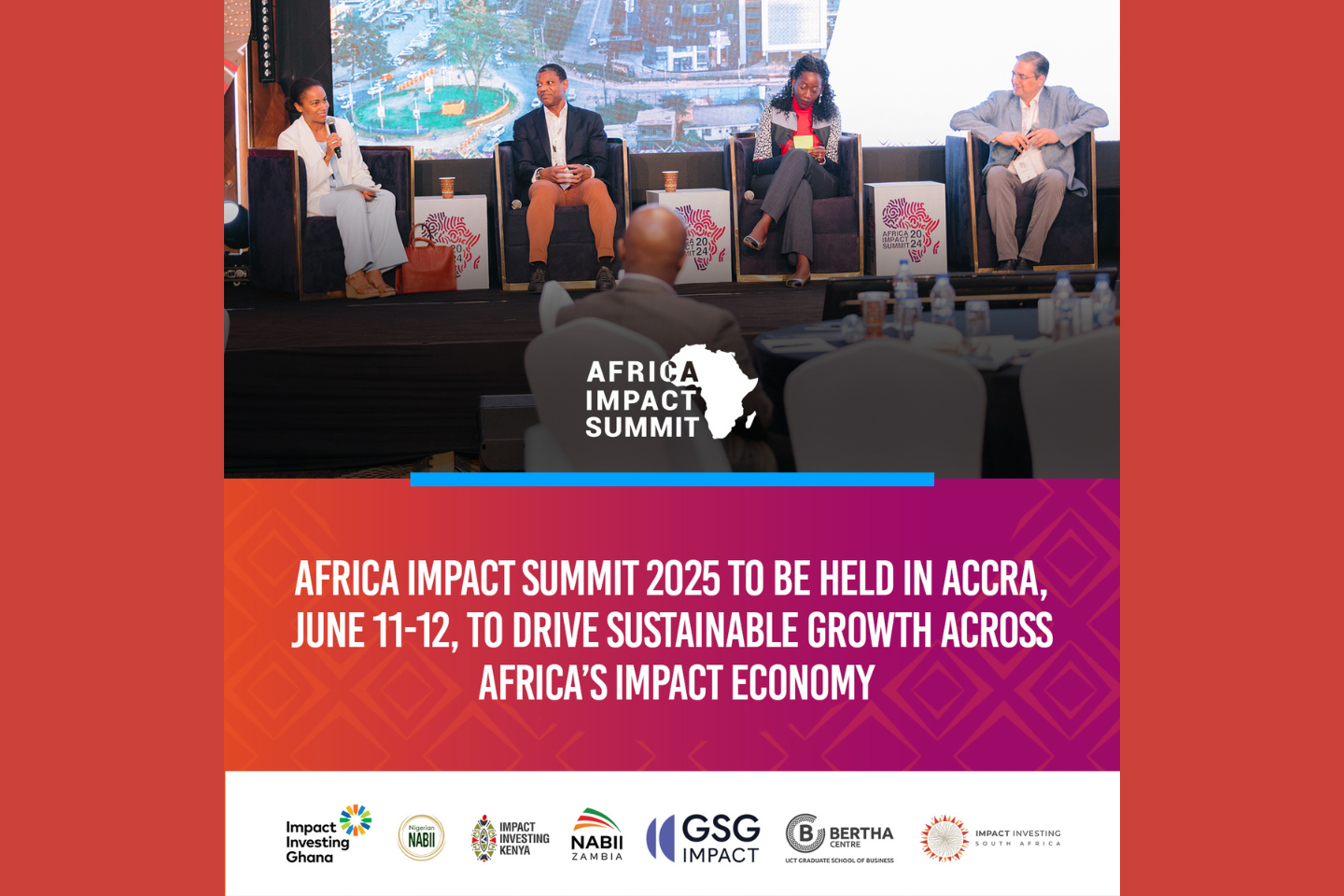
In an interview with Folha de S.Paulo, GSG Impact CEO Elizabeth Boggs Davidsen, following her participation at Impacta Mais in São Paulo (March 2025), highlighted Brazil’s growing leadership in the global impact economy, particularly through its focus on impact transparency, blended finance mechanisms, and sustainable finance policies. She noted how Brazil’s active role in G20 impact investment discussions reflects its ability to shape international standards through domestic innovation and civil society leadership.
Explore Elizabeth’s full perspective on:
Global Impact Investing Market
- Impact investing offers a value proposition that transcends political divides
- Despite growing anti-ESG movement, the impact investing sector remains strong
- Impact funds are achieving their investment goals, challenging the false dichotomy that it is only possible to have commercial returns or social and environmental impact
Role of the United States
- Withdrawal of $60 billion in foreign aid from USAID has enormous consequences
- USAID has been instrumental in facilitating impact investment by creating favorable environments
- Without USAID's humanitarian assistance, the innovation in unlocking impact, catalytic structures, and blended finance may no longer be a priority
- Brazil has been innovative in developing new policies to create the infrastructure and incentives needed for the flow of impact capital
- The National Impact Economy Strategy is an example of Brazil's progress in regulating the impact economy
- Brazil has played an influential role in the field of social finance and in G20 discussions, earning a seat at the table to shape the global dialogue
- Regulatory policy can and should be tailored to support impact investing by setting clear and concrete goals
- Inclusion of specific goals in public policies is an effective way to promote significant change
Read the full article in Folha de S.Paulo (in portuguese) to learn how Brazil and GSG Impact Partnership are redefining the future of the impact economy.
